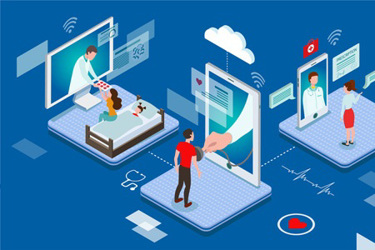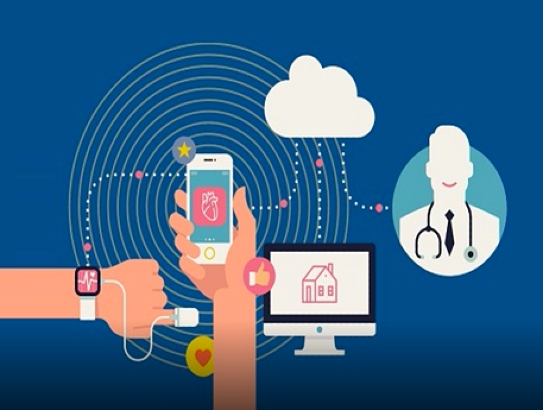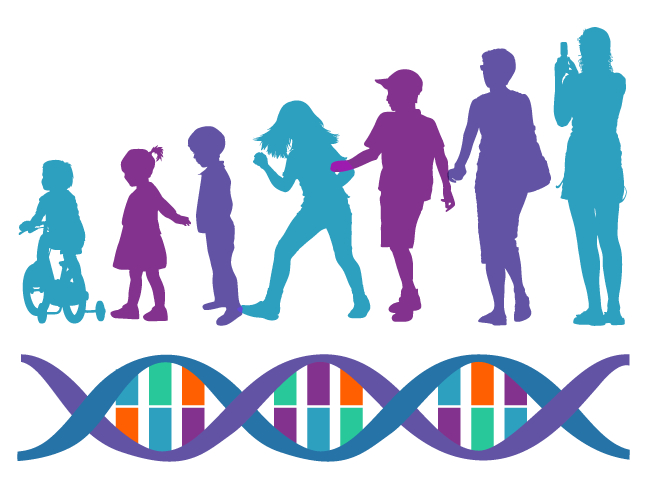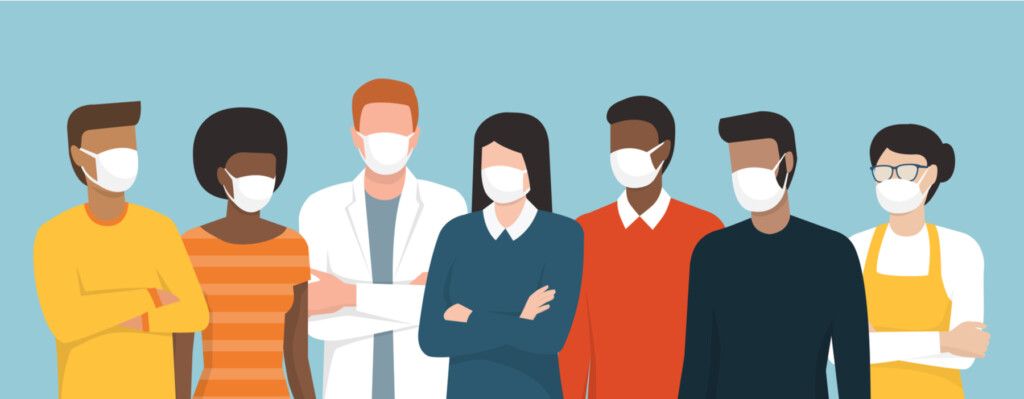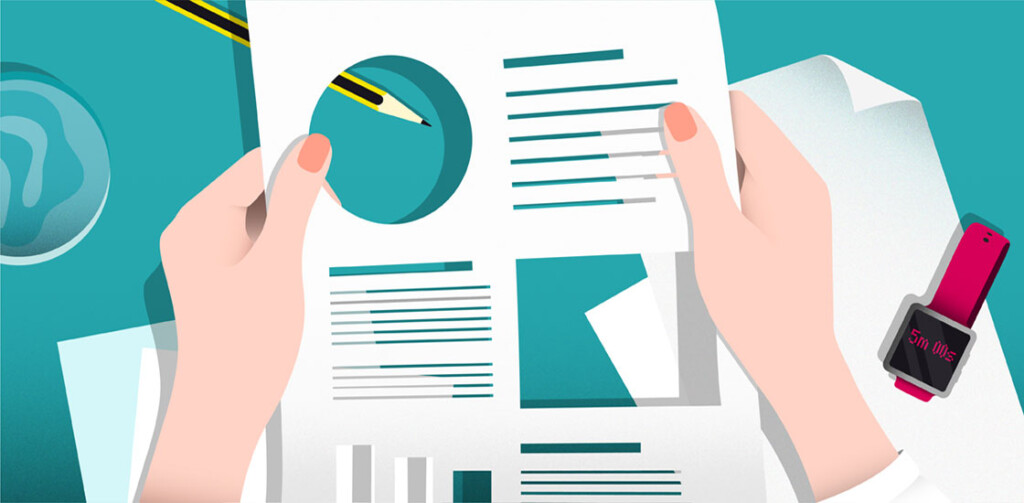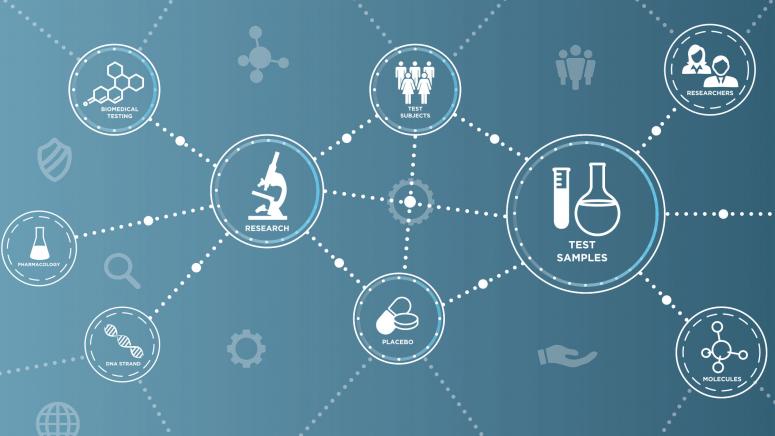Purpose and Nature of the Study
- What is the purpose of this study?
- What are you trying to learn?
- Will I receive the results of the study? If so, when?
- Is this study being done in one place, or in many places?
- Is it a small research study or part of a large study?
- Have there been similar studies that used the same drugs, devices, etc.?
- What happened in those studies?





